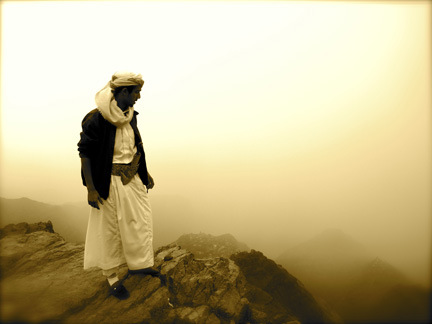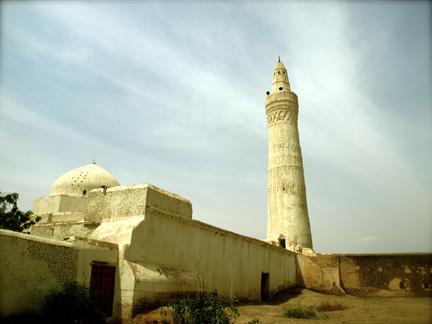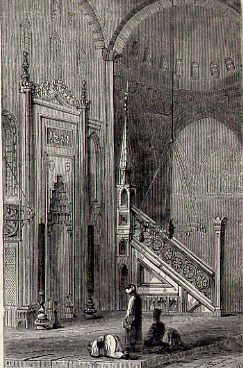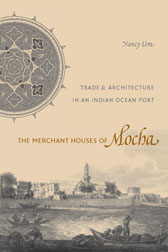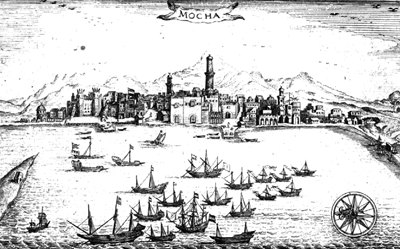
[Joseph Osgood was a Black American sailor who visited the Yemeni port of Aden about a dozen years before the start of the American Civil War. He offers a rich, descriptive account, including information on the coffee cargo that may have brought his ship to this Red Sea port in the first place. The following is his rendition of a popular origin tale for the popular brew.]
Any communicative Arab will tell the following story about the early history of Mocha, with more or less modification.
A little over two centuries ago, there dwelt near the beach, enclosed by two sandspits forming the harbor, a worthy fisherman, whose learning, wisdom, and pious observance of all the tenets of the Moslem faith, had collected around his humble hut the dwellings of a band of devoted pupils to be instructed in the religion of their great Arabian legislator and prophet. One day a ship from India, and bound to Jiddah, was driven by adverse winds into the cove, and, while there detained, the crew visited the settlement near the beach, and were entertained by the holy Sheik, who regaled them with coffee, a beverage till then unknown to his guests. The Sheik, learning that the captain was ill on board his vessel, extolled the sanative virtues of coffee, and sent some as a present to the captain, by the returning crew. The prescribed medicine was taken, the captain recovered his health, visited the shore, made confidence with the people, bartered his cargo for coffee and sailed for home, where the worth of the rare and newly discovered product was quickly acknowledged, and successive voyages soon established a lucrative commerce, and thus founded and gave a world wide repute to the city of Mocha and many of the neighboring inland towns. Continue reading Mocha, Port of Coffee →
